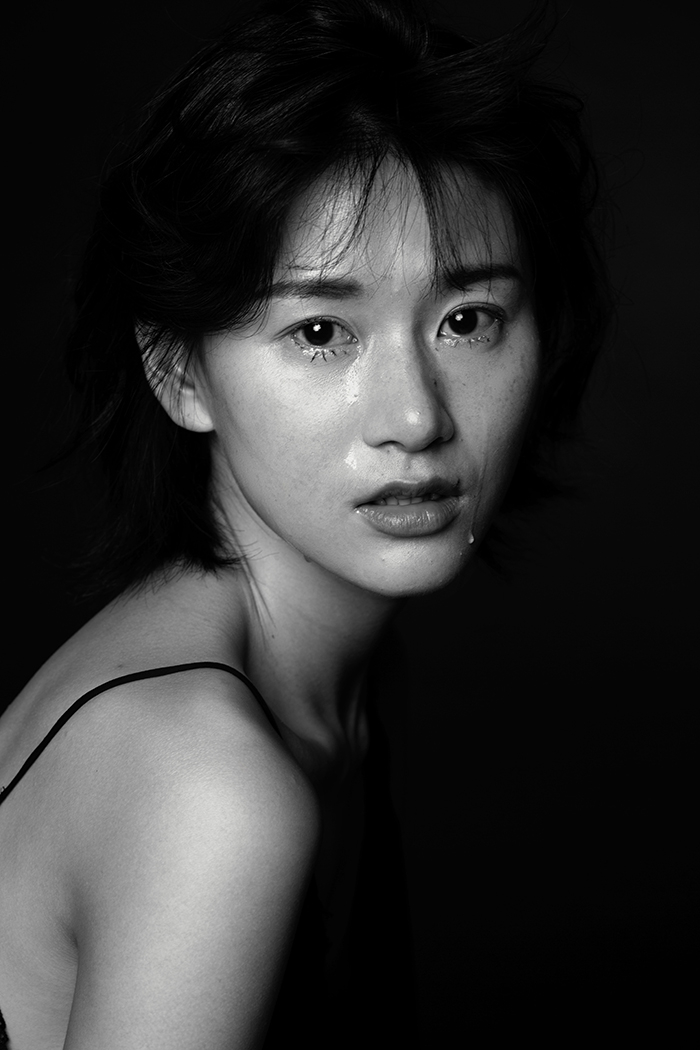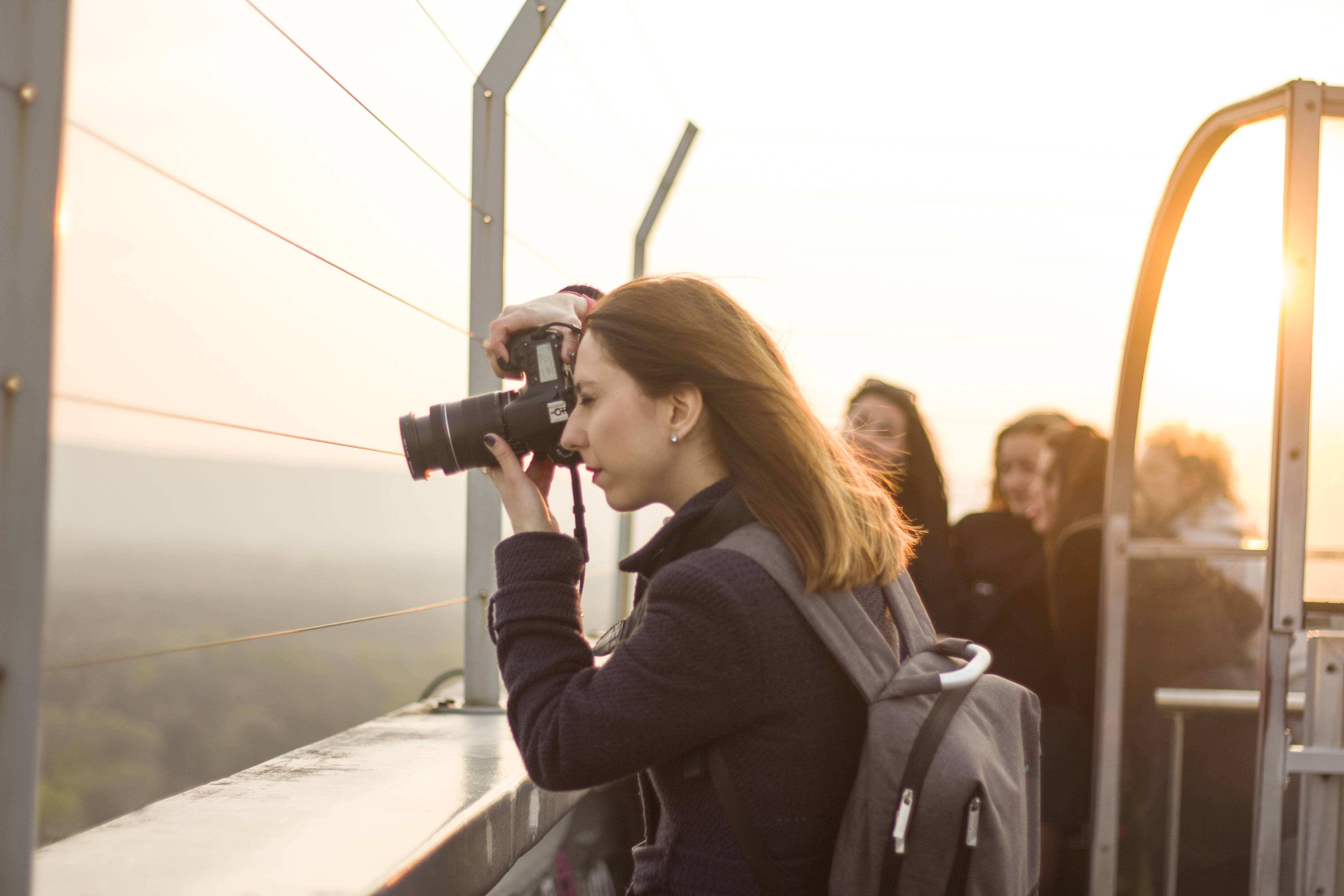
Used mirrorless cameras are in high demand. There are many factors that make them more popular than traditional DSLRs. You get what you pay for, so you can save money while getting a high-quality camera. It's possible to find a bargain on a used mirrorless cam that still has a quality lens for less money than new. Here are four reasons you should buy a used camera. You will love them!
Nikon X100F
Fujifilm X100F could be a good option if you're looking to buy a quality used mirrorless digital camera. This camera comes with a great range of lenses that are well-suited for the type of photography you enjoy. Its lens is the main problem with this camera. It's not as sharp and precise as the Nikon X100F lens, but it's still good for close-up photography.

Canon EOS R6
Canon EOS R6 used mirrorless cameras are a good option. The Canon EOS R6 has a number of amazing features. These include a bright electronic seefinder, 120fps refresh rate, and a vari-angle touchscreen LCD. The camera also has dual SD UHS-II card slots and Wi-Fi connectivity. However, video can be difficult with the R6.
Sony Alpha 7 II
The Sony Alpha 7 II is the second generation of the a7 series and is available in four models: ILCE-7M2, a7R II, and a7S II. The Sony a7 II is the basic model, with 24 megapixels and hybrid autofocus. The a7R has a similar feature set but includes dedicated buttons for AF or MF. The Sony a7III comes with 56 customizable buttons. This includes a joystick for moving focus point.
Nikon Z 7
A Nikon Z7 used mirrorless camera has many advantages. The user interface is intuitive and the settings can be customized. It is compact, lightweight, and features a 3.6m-dot Eye View Finder and touchscreen 3.2-inch LCD screen. It can be used with compatible smart phones. To use it with a smartphone, you will need to download the Nikon SnapBridge Application.

Leica Q
Leica Q mirrorless cameras are affordable and offer great image quality. Although the AF works in all conditions and is simple to use, there are some issues that could hinder its use. The camera uses a single point of focus, or 1-Point AF, to focus. This method is incredibly simple and becomes muscle memory very quickly. We will also discuss some other issues that may arise when using the Leica Q.
FAQ
What is the best camera for beginners?
The best camera choice for beginners is determined by your budget, skills, and needs.
If you are looking to save money, then a point and shoot digital camera might be the best option. These cameras can be very versatile, but they offer excellent quality.
The Digital Single Lens Reflex (Digital DSLR) camera allows you to interchange lenses, allowing you to take different kinds of photos. These cameras are generally more expensive that point-and clicks, but provide greater flexibility.
For those new to photography, a beginner's kit is a great place to start. You'll find everything you need in one package, including a camera body, lens, memory card, tripod, and flash.
You should also remember to buy additional batteries.
Photography is a great job.
Photography is an art form that lets you capture moments in your life and share them with other people. It is also a great way to make money if you are willing to put in the hard work. There are many opportunities to make a career as a professional photographer. You can start by taking photos as a hobby for family and friends. This will help you to improve your skills as well as build your confidence. After you've mastered this stage you can move onto paid assignments. The best photographers can make a living as a photographer. They may take clients to events such as weddings and parties, where they must capture images of people enjoying themselves. The majority of professionals prefer to shoot commercial projects, such product shots or ads.
To be a successful photographer, you must first identify what kind of photography interests you. Next, practice, experiment, try new techniques, until you feel comfortable with your technique. Experimentation is your best tool, so don't expect overnight success.
As a beginner, you should aim to develop your technical skills first before focusing on creativity. Photography is both technical and artistic. You will be able to succeed quicker if you learn how to use the right tools, and the basics of composition.
Also, consider whether or not you wish to pursue a career as a photographer full-time. Some people choose to combine their passion for photography with other jobs. For example, you might work at a local newspaper or magazine while pursuing freelance assignments. Others choose to dedicate their entire time to photography. Either way, it takes dedication and commitment to succeed in any creative field.
A serious photographer will have to dedicate a lot more time and effort if they want to build a successful career. So, think carefully about whether you really want to devote yourself to something like this.
What Lenses Should I Use
Beginners often ask, "What lens should I purchase?" The choice is difficult because of the many options.
There is good news: You don't need to buy new lenses every time you buy a new camera. Instead, you can add lenses later on.
These are just three options for lenses that you might consider.
-
Wide Angle Lens (14mm to 24mm): These lenses allow you to see more of your subject from a wider angle. You can also zoom in without losing image quality.
-
Normal/Standard zoom lens (28mm -70mm). These lenses allow the user to adjust focal lengths while still maintaining good image quality.
-
Telephoto Zoom Lens (70mm - 200mm): These lenses are great for capturing distant subjects. These lenses allow you to focus on your subject, even though they may appear small in the frame.
These lenses can also be combined to produce different effects. For example, you could use a normal lens to shoot close-up details and switch to a telephoto lens to capture far away objects.
Statistics
- The second easiest way to get blurry photos 100% of the time is to use a cheap filter on the front of your lens. (photographylife.com)
- Get 40% off Adobe Creative Cloud(opens in new tab) (creativebloq.com)
- That's the easiest way to get blurry photos 100% of the time. (photographylife.com)
- This article received 13 testimonials, and 100% of readers who voted found it helpful, earning it our reader-approved status. (wikihow.com)
External Links
How To
What skills are required to become a photographer?
Photography jobs require basic skills such as technical knowledge, artistic talent, and business acumen.
Technical knowledge includes understanding exposure, camera functions, lens type, film speeds, and developing techniques.
The ability to create art requires understanding composition, lighting and posing, as well as knowing how to use Photoshop or other editing software.
Business acumen covers budgeting, scheduling, time management, and dealing with clients.
A passion for photography is essential if you are to become a professional photographer.
Take classes at school, college, or online to learn more about photography.
Many books are available to help you learn all aspects of photography.
Learning about photography is only half of the battle. It is equally important to find your own style.
This will make you stand out among others in the field.
Photography has evolved over the years. In the past cameras such as the Kodak Instamatic, Polaroid instant and other cameras were used.
Digital cameras are increasingly popular today. Today, the majority of photographers use their smartphones to shoot photos.
While it is possible for a smartphone to capture high-quality images, if you want to really get into photography, a DSLR (Digital Single Lens Reflex Camera) is the best choice.
The DSLR lets you control every aspect your photo including shutter speed and aperture, ISO sensitivity, white-balance, focus, and white balance.
These features enable you to create stunning photos and different effects.
These controls can also be used to alter the mood in your photograph.
For example, a fast shutter speed could blur your subject.
You can also make them appear more mobile by increasing the light that enters the camera.
A color temperature adjustment can be used to modify the mood in your image.
You might increase the red value of the picture if there's a lot blue light.
It may be difficult at first to determine which direction your camera should point.
However, once you understand the basics, you will soon realize that it is not so hard after all.
It's much simpler than you think!
The first time you start out, you'll probably only be able to shoot landscapes and close-up images of objects.
Do not worry! As you gain experience, your ability to capture portraits and abstracts will improve.
After mastering the basics of the subject, you can move onto more advanced topics.
These tips will help you get started.
-
You should choose a beautiful location. You should choose somewhere you feel comfortable and relaxed.
-
Choose something you find interesting to photograph. You should look for unusual or special objects to photograph.
-
Take plenty of practice pictures. Practice makes perfect!
-
Experimentation with different angles is possible. Your goal will dictate how you hold your camera.
-
Use different lenses. Different lenses can offer you different perspectives.
-
Shoot in low-light conditions. Shooting under bright sunlight can be very challenging.
-
Practice framing the shot. Frames are an important skill when you capture an image.
-
Learn how to set up your camera settings. It is a great way to improve your photography skills by experimenting with the settings of your camera.
-
Continue learning new techniques. There are many ways to learn about photography.Visit local exhibitions, galleries, museums, and libraries.
-
Read magazines and books. Reading about photography will teach you everything you need to know.
-
Join a photography club. Photograph clubs often host events that encourage members sharing their work.